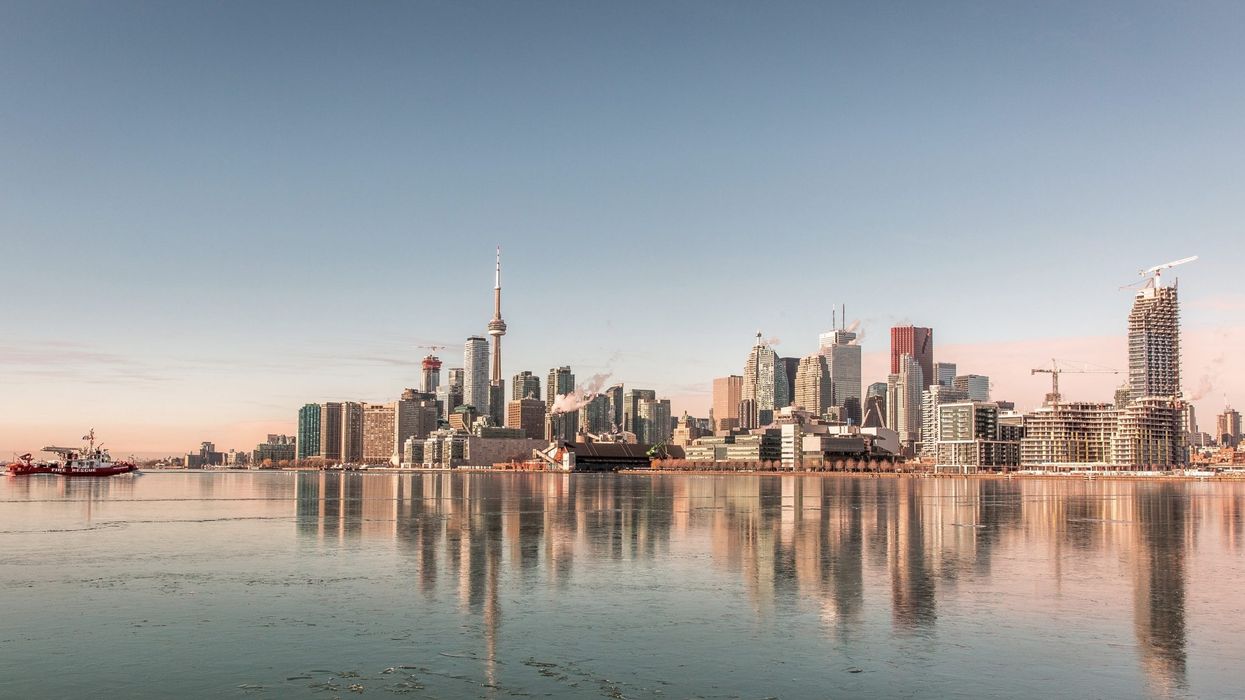If you’ve been following politics in Toronto and the GTA, you know that the discussions surrounding them evoke some seriously strong feelings. (Just check Twitter if you need any confirmation of this.)
Those feelings could be about the TTC’s current fare-evading campaign, the car vs pedestrian issues and the seemingly constant underfunding of nearly everything.
READ: City Looking to Secure Air Rights for 3 Acres of Rail Deck Park
We wondered what politicians, urban planners and others involved in the city would do if there was an unlimited budget and unlimited imagination. What would they focus on, fix, or build to make Toronto better and more liveable?
We began by reaching out to one of Toronto’s most outspoken city councillors, Josh Matlow, who began his political career as a school trustee in 2003 representing the St. Paul’s riding. In 2010, he was elected to City Hall and was reelected in both 2014 and 2018.
Matlow has seen a great deal of development in his riding, especially along Eglinton Avenue with the building of the LRT. He has called for thoughtful development in the area, advocating for the building of communities instead of rampant density with the Midtown in Focus plan. He was also a supporter of the seven-stop Scarborough LRT, calling it an ‘evidence-based’ transit option which would serve more people and was already fully paid for.
More recently, Matlow has put forward a motion to establish Toronto as a charter city, which would give Toronto more authority over municipal issues like elections, funding and land use. So when we asked him to describe the ideal city, he was happy to take on the challenge.
Quality of Life
Matlow wants everyone who lives in the city to have the same quality of life. It’s one reason he worked to promote and pass the Midtown in Focus plan and the current awareness he and fellow councillor Mike Colle are doing in Little Jamaica. Neighbourhood businesses, ranging from Allen Road to west of Keele Street along Eglinton, are suffering and closing due to the LRT construction (some 140 business have already closed) that has reduced foot traffic and limited parking. “I would want, regardless of how many people live in any given neighbourhood, access to affordable childcare, access to school space, access to open spaces including parks and walkable communities,” he says.
An Age-Friendly and Accessible Community
Matlow says that an age-friendly and accessible community benefits everyone. “When you build an age friendly city, you build a far more safe and accessible city for everyone because if you make it age friendly for seniors, for example, you are benefiting young parents with strollers and you're benefiting a 40 year old in a wheelchair.”
He’s not the only one thinking about age-friendly cities. Other cities in Germany, Denmark and the UK are thinking about age can reshape the look of their cities. Other concerns include designing cities for children and for women, as seen with Vienna, Austria.
Part of designing an accessible city would include bicycles, says Matlow, citing Copenhagen, New York and Bogota as cities who have become “forward looking with respect to the use of public realm and pedestrianized areas.”
READ: Toronto Named 6th Happiest City in the World: Report
Actually Being Progressive
Matlow has never been afraid to speak his mind and says that, ideally, he’d like to see Toronto become a model for progressive, urban placemaking. For that to happen, the city needs to stop treading water.
“I think our governance in many ways is treading water while the people in our city are being more progressive. And I think a lot of the things that we boast about the city being, have nothing to do with the city itself. Politicians will announce those things and go to the ribbon cuttings. But much of the great work, whether it be finances, tech, arts and culture, startup initiatives, many of these things have been started by people who have taken an initiative. I would like city hall and our provincial government to be far more this year.”





















